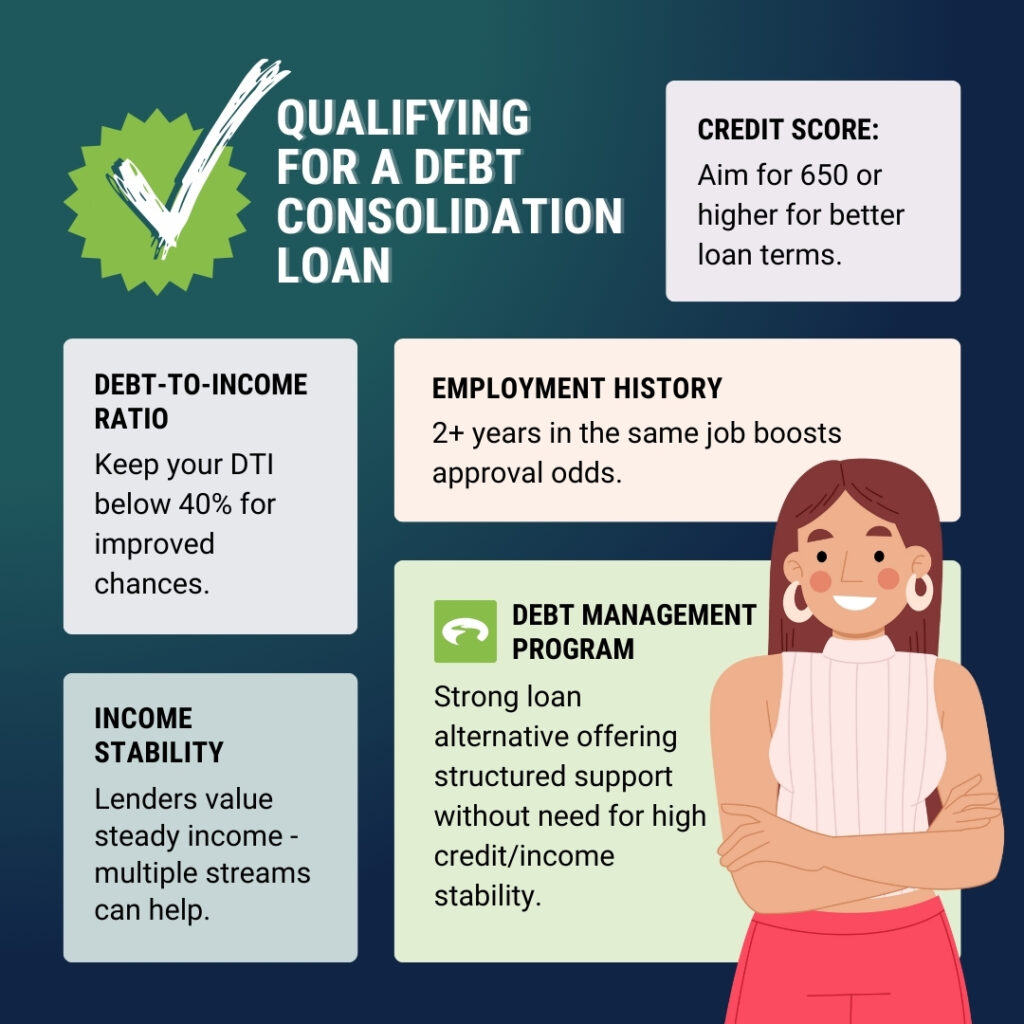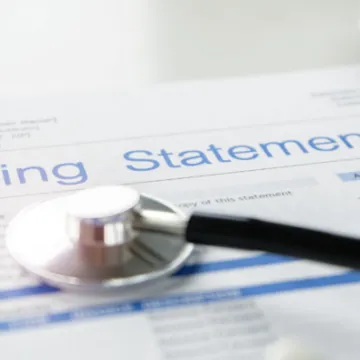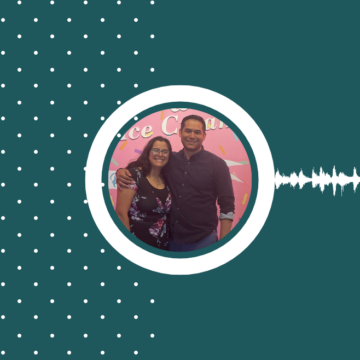A debt consolidation loan can simplify payments and reduce interest rates, but eligibility depends on factors like credit score, income, and debt-to-income ratio.
Even if you don’t qualify for a traditional loan, alternative options like home equity lines of credit or debt management programsdebt management programs can help.
GreenPath offers free counseling to help determine the best way to consolidate debt and explore all your financial options.
Debt, especially with current interest rates, can feel like climbing a staircase with no landing in sight. Debt consolidation poses a solution in allowing you to combine multiple debts into one loan with a single monthly payment, potentially at a lower interest rate. The question is, how do you qualify for a debt consolidation loan? And what alternatives do you have?
While eligibility requirements can vary, common factors lenders look at include credit score, income, debt-to-income ratio, and employment history. Understanding these criteria can help you determine your chances of getting approved.
Credit Score Requirements
Your credit score plays a pivotal role in determining debt consolidation eligibility. Lenders typically require a score of at least 650, though some may approve loans for those with lower scores—just expect higher interest rates in this case.
If you’re wondering how to get a debt consolidation loan with poor credit you can find lenders who will work with you, although rates may not be as favorable. Also, a word of warning here: many companies advertise debt consolidation services, but some may actually be debt settlement firms. Make sure you understand the differences and risks involved.
According to Experian, the average interest rate on a debt consolidation loan is around 9.41% for borrowers with excellent credit, while those with poor credit may see rates as high as 28% or more. For this reason, improving your credit scoreimproving your credit score before applying can lead to significant savings over the life of the loan.
Income Verification
Regular income helps answer the question, “Am I eligible for a debt consolidation loan?” because it reassures lenders that you can meet the monthly payment obligations.
Lenders will ask for proof of steady income to ensure you can repay the loan. This is often done by reviewing your recent pay stubs, tax returns, or other documentation that demonstrates reliable earnings. If you have multiple streams of income, such as a side hustle, make sure to document those earnings as well.
Debt-to-Income Ratio
Your debt-to-income (DTI)debt-to-income (DTI) ratio is another crucial factor in determining your ability to qualify for debt consolidation. This ratio compares your total monthly debt payments to your gross monthly income. Lenders generally prefer a DTI ratio below 40%, although some may allow for higher ratios depending on other factors like your credit score and employment history.
Let’s say you earn $5,000 a month and your monthly debt payments total $2,000. This means your DTI ratio is 40%. If your DTI is too high, it could signal to lenders that you may struggle to manage additional debt, making it harder to qualify for a debt consolidation loan.
Employment History
Lenders want to see a stable employment history, typically at least two years in your current job or industry. Steady employment signals financial security, which lowers your risk as a borrower. If your job history is less consistent, it may be helpful to show a solid overall work history or provide proof of long-term freelance or gig work.
How to Improve Your Chances of Qualifying
If your financial profile doesn’t meet the current lending requirements, don’t panic! There are ways to increase your chances of qualifying for a debt consolidation loan.
- Boosting Your Credit Score
Improving your credit score is one of the most effective ways to boost your debt consolidation eligibility. Start by paying down existing debts, making all payments on time, and avoiding opening new lines of credit. Reviewing your credit report for errors and disputing any inaccuracies can also help raise your score. - Managing Your Debt-to-Income Ratio
A high DTI ratio can be a stumbling block when it comes to loan approval. Reducing your debt by making extra payments, consolidating high-interest credit cards, or working with a debt counselor can help lower your DTI. Increasing your income by negotiating a raise, picking up additional hours, or exploring side gigs can also improve your ratio. - Enhancing Income Stability
If your income is inconsistent or you’re between jobs, lenders may hesitate to approve your loan. To improve your income stability, consider taking on part-time or freelance work to boost your earnings. You can also show lenders a longer track record of self-employment or gig work to demonstrate financial reliability.
Options to Consider if You Don’t Qualify for a Debt Consolidation Loan
Not qualifying for a traditional debt consolidation loan can be frustrating, but it doesn’t mean you’re out of options. Two of the most effective alternatives are home equity lines of credit (HELOCs) for homeowners and debt management programs (DMPs) if you’re seeking structured, credit-score-friendly solutions.
- Home Equity Lines of Credit (HELOC)
Homeowners may be able to use a home equity line of credit (HELOC) to consolidate debt. This allows you to borrow against the equity in your home, often at lower interest rates than unsecured personal loans. However, this option carries the risk of losing your home if you’re unable to make payments. - Debt Management Program
If you don’t qualify for a loan or prefer not to take on more debt, a debt management program (DMP) might be the best way to consolidate debt. DMPs, like the one offered by GreenPath, allow you to work with a credit counselor who can potentially arrange lower interest rates and offer a personalized plan to pay off your debt over time. This option doesn’t require a high credit score, making it accessible for those who might not qualify for traditional loans.
Free Financial Counseling
Uncertain about whether you qualify for a debt consolidation loan or which option is best for your specific situation? GreenPath offers free counseling sessions to walk you through your financial options and determine the best course of action. Our friendly and certified counselors can review your credit report, help calculate your DTI and discuss strategies for improving your financial profile.

GreenPath Financial Service
Free Debt Counseling
Take control of your finances, get tailored guidance and a hassle-free budgeting experience. GreenPath offers personalized advice on how to manage your money.










